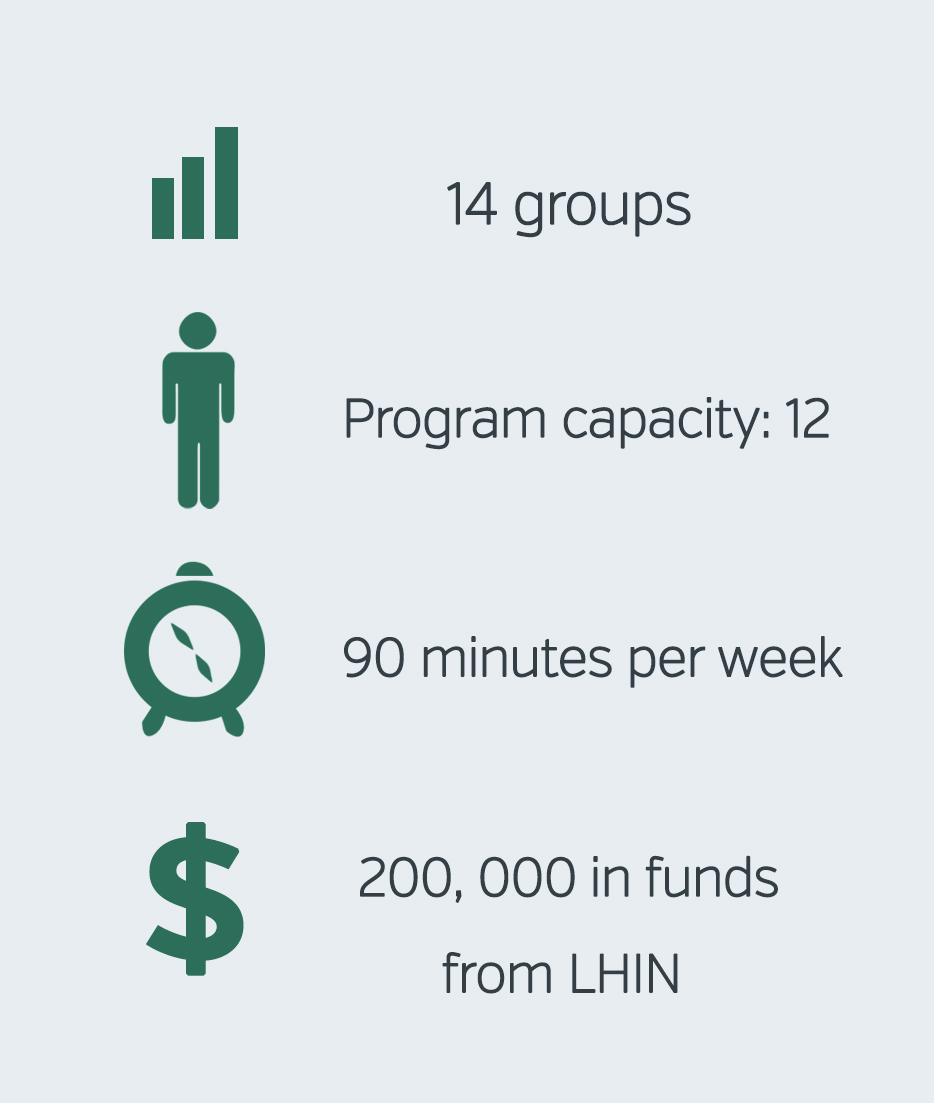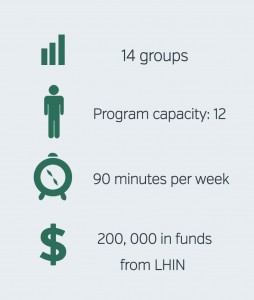Initiative for safer living

A new initiative at Wilfrid Laurier University called Skills for Safer Living is helping students who have experienced depression and thoughts of suicide.
Allan Strong, the team leader for Skills for Safer Living and the Centre for Excellence in Peer Support, said the initiative is a 20-week intervention program, starting Sept. 30, that tries to reduce suicide-related behaviour in individuals.
“We’re really looking at trying to provide the same strategies and skills to help people stay safe, hopefully to engage in supports o

f the community and develop the strategies so they don’t have to engage in the behaviours either at all or as frequently,” he said.
The Skills for Safer Living’s intervention program currently happens in Toronto, Vancouver and Waterloo, but Waterloo is the only program funded on an ongoing basis, and Laurier is the first university in Canada to have an on-campus suicide intervention program.
According to Strong, around 42 people each year die by suicide in Waterloo Region. Police services in 2010 to 2011 received 1,200 suicide attempts and the Distress Centre handles almost 12,000 calls a year for people experiencing distress — including students.
Strong works with the Kitchener Self Help Alliance, a peer organization that is run by the Canadian Mental Health Association. In 2009, they lost several members to suicide in a six-month period. One of the individuals had made five previous attempts.
“We recognized that there wasn’t anything in the community that specifically addresses the needs for individuals who make several attempts,” said Strong.
After the death of this individual, Self Help Alliance talked to Yvonne Bergmans, a suicide intervention consultant at St. Michael’s Hospital in Toronto, and Paul Links, former St. Mike’s deputy chief of psychiatry.
The two had developed a group called Psychosocial Intervention for Repeat Suicide Attempters. Self Help Alliance was interested in bringing the intervention program to the community, but changed the name to Skills for Safer Living.
“Because really the focus of the group is for people to develop the skills to stay safe, because these are folks who’ve made several attempts to die by suicide,” said Strong.
In fall 2010, the Self Help Alliance received funding from the Mental Health Foundation of Canada Post. That November, they started their first group in Kitchener where they had funding for two intervention groups.
In summer 2011, they received a second grant from Canada Post to organize two groups in Cambridge and by November 2011 they received permanent funding to run the group on an ongoing basis.
Right now, the organization is concluding their 14th group.
According to Strong, there is an average of seven suicide attempts per person in the groups. The lowest average for the participants is one or two.
“Really, the focus of the group is to decrease the intensity, frequency and duration of the suicide-related behaviour. We realize we’re never going to get rid of it, but we want to provide opportunities for people essentially to help develop strategies to stay safe,” Strong explained.
The intervention program at Laurier is 90 minutes per week.
There will also be continued support for students who have finished the program.
The capacity for the program is 12, and thus far seven students have signed up.
Last summer, Skills for Safer Living had a pilot group to focus on the needs of people between the ages of 16 and 24, as suicide is the second-leading cause of death in that age range.
The group looked at the context for people who come to a post-secondary institution and how they manage stress.
Last year, the Local Health Integration Network Waterloo-Wellington gave the program a funding enhancement of $50,000 to do a group intervention specifically for this demographic.
This fall, they received another $200,000 from LHIN Waterloo-Wellington to look into working with Conestoga College and the University of Guelph and are looking at developing a group for high school students.
“This is a community need that we’re trying to provide in the universities and colleges,” said Strong.
According to Samantha Deeming, vice-president of finance and administration for the Wilfrid Laurier University Students’ Union, intake for the program can be done through the Here 24/7 helpline as well as through the Self Help Alliance website.
“From the Students’ Union, we’re really focusing on being able to provide a better mental health support to all the students on campus,” she said.
If the program is a success, Laurier will potentially add more groups.
“It’s going to do wonders for our students,” Deeming concluded.


